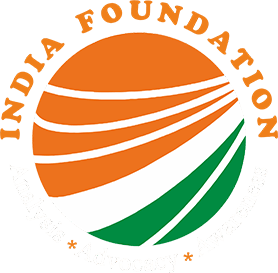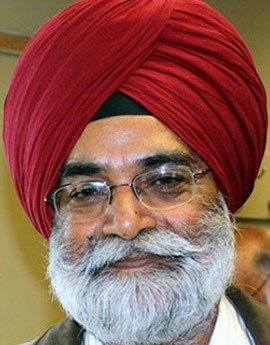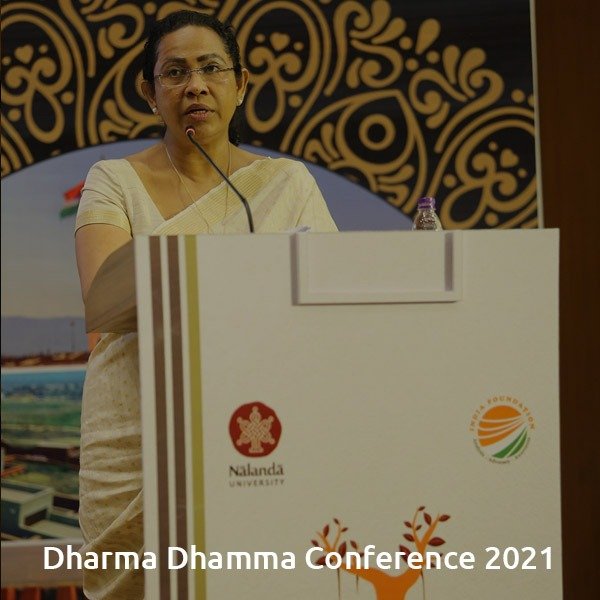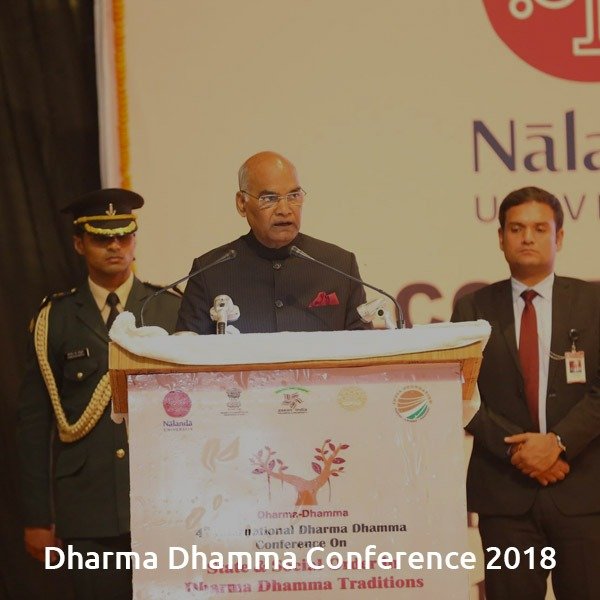India Foundation, in collaboration with the Sanchi University of Buddhist-Indic Studies, is organising the 7th Dharma-Dhamma Conference (DDC) on 03-05 March 2023, in Bhopal, Madhya Pradesh, India. The theme of the DDC 2023 is “Eastern Humanism for the New Era”. The conference will seek to present and synthesize the dharmic perspective for a truly integral bio-humanism. The Conference aims to bring together religious, political and thought leaders from Dharma-Dhamma traditions to ponder over building a philosophical framework for the emerging new world order.
A popular view is that Eastern ‘Dharmic’ traditions are otherworldly because they focus on individual liberation of the higher self from the trammels of matter and mind. The greatest contribution of Eastern thought to humanism is probably its ability to embrace all living beings in its scope by raising Ahimsa (harmlessness to others) to the pinnacle of social and virtues. Unlike western and Near Eastern civilisations which are based on a hierarchy of existence within which those people who have the ‘true faith’ occupy the acme while men in general are the owners of the world and animals are essentially tools and resources for the satisfaction of human needs, Eastern humanism is Bioholistic as it acknowledges sentience and consciousness within all life forms, however ‘lowly’ and in that way it predates modern ecological awareness in its (re)discovery of the infinite web of life and gives a more complete picture of cosmic reality.
India Foundation and the Sanchi University of Buddhist-Indic Studies invite Research Papers for presentation at DDC 2023 on the following sub-themes:
- Interpretations of the original chaturvarnya concept evoked in the Purusasukta Richa of the Rig Veda and in the Itihasas in connection with the chaturashramas and the four performers of the Vedic yajna.
- The Buddhist notion of the Bodhisattwa as a consciously realised human who delays Buddhahood in order to remain active and present in the world.
- The classical Hindu socio-economic theory as described in Chanakya’s Arthashastra, in the Mahabharata’s Shanti Parva and in other ancient texts.
- The Jain view of man as a potential arhat.
- The Guru Granth’s Sahib message of solidarity, charity and honesty.
- The evolution of Dharmic states and societies in Central, South East and East Asia: the role of the Dharmaraja (Mongolia, Japan, Korea. Indonesia, Malaysia, Myanmar, Thailand, Cambodia et al.)
- Ramarajya as a spiritually ruled and yet humanistic ideal
- From Ashoka to Gandhi: Non-violence as a basis for governance. How feasible is it and what are the limits of that norm of conduct?
- Gandhi, Tagore. Vivekananda and Aurobindo: four approaches to humanism in the social, artistic, spiritual and metaphysical/geopolitical dimensions.
- Comparing the Western and Eastern Ideas of Humanism
- Humanism in Abrahamic Religions: Christian, Islam and Judaism
- Humanism in Indic Traditions – Hinduism, Buddhism, Jainism and Sikhism
- Humanism in Eastern Traditions: Confuciousism, Taoism, Shintoism and other
The abstract and the paper may be sent by email in a word file to dharmadhamma@indiafoundation.in
Submission Deadlines:
Last Date for Submission of Abstract (300 Words): 20 December 2022
Announcement of Selected Abstracts for Paper Presentation: 05 January 2023
Last Date for Submission of Paper (3000 Words): 15 February 2023

























































